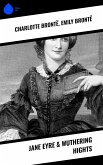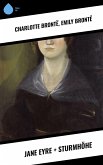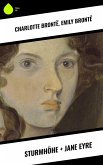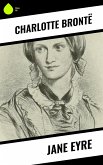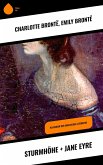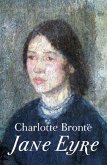In "Jane Eyre," Charlotte Brontë weaves a rich tapestry of personal struggle, social critique, and moral evolution through the life of its eponymous heroine. The novel is intricately structured as a bildungsroman, tracing Jane's journey from a tumultuous childhood marked by cruelty and isolation to her emergence as a strong-willed, independent woman. Brontë's narrative employs a lyrical yet direct prose style, reflecting the tumult of Jane's inner world amidst the rigid social structures of the 19th century. Set against the backdrop of the Victorian era, the novel poignantly explores themes of class, gender, and the quest for self-identity, making it a cornerstone of English literature and a precursor to the feminist movement. Charlotte Brontë, born in 1816 in Yorkshire, England, drew inspiration from her own experiences of hardship, loss, and a profound desire for autonomy, which permeate the pages of "Jane Eyre." As a member of a literary family, with sisters Emily and Anne also achieving literary acclaim, Brontë's profound intellect and emotional depth are evident in Jane's complex character and the societal challenges she faces. The novel reflects Brontë's engagement with contemporary philosophical and moral questions, positioning her as a distinctive voice in 19th-century literature. "Jane Eyre" is highly recommended for readers seeking a multifaceted exploration of identity and resilience. Its timeless themes resonate with those reflecting on the universal struggle for autonomy and the quest for belonging. Brontë's masterful storytelling, combined with rich character development and evocative imagery, ensures that this classic remains a perennial favorite, inviting readers to ponder both personal and societal transformations.
Dieser Download kann aus rechtlichen Gründen nur mit Rechnungsadresse in A, B, BG, CY, CZ, D, DK, EW, E, FIN, F, GR, HR, H, IRL, I, LT, L, LR, M, NL, PL, P, R, S, SLO, SK ausgeliefert werden.



